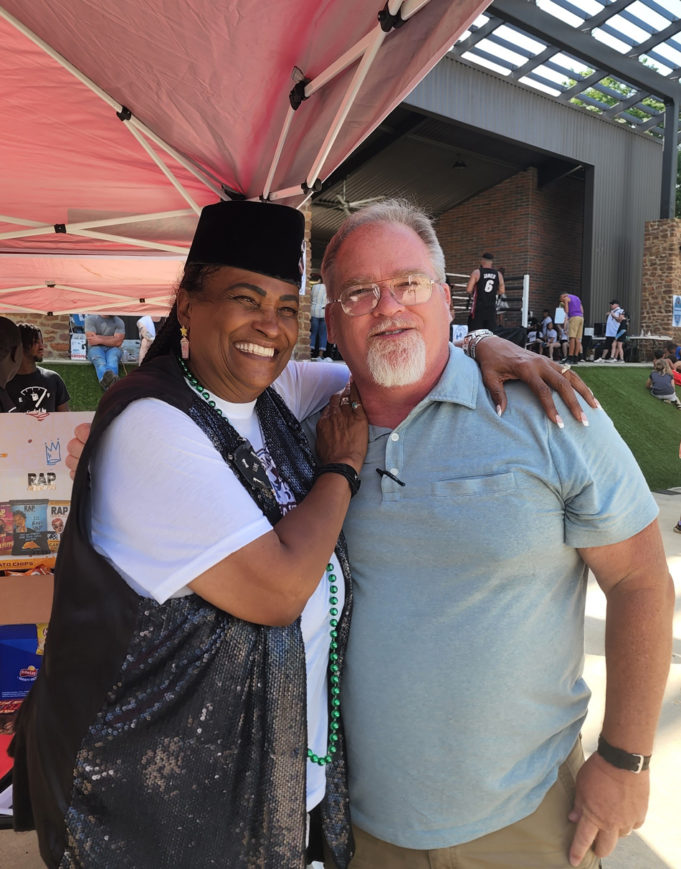The tricky thing about history? The story depends on who’s holding the pen. And when you have a bunch of white guys holding the pen by default, well, a whole lot of stuff tends to get trimmed, glossed over, or altogether left out.
Local author and Weekly contributor E.R. Bills knows a thing or two about this. Bills has dedicated much of his career to writing books about less-than-savory, often not widely known portions of American history.
“Texas is known for and likes to think of itself as friendly and all,” he said during a phone call this week, “but some of the stuff that has gone on here and has happened to persons of color, and women, it hasn’t been great.”
Two of his books — Black Holocaust: The Paris Horror and a Legacy of Texas Terror and The 1910 Slocum Massacre: An Act of Genocide in East Texas — center on atrocities that white Texans committed against Black Texans in the late 1800s and early 1900s.
Bills, who is white, felt the need to give back, specifically to others with an interest in history. To that end, he is donating all previous and future profits from those two books to fund the Remembering Slocum Scholarship at his alma mater, Texas State University. The fund will award at least one $729 grant per semester to students in the African American Studies minor program. The award number was selected to commemorate the date of the Slocum massacre.
“As he says, ‘I’m just this white guy,’ ” said Dr. Dwonna Goldstone, director of the minor program during a phone call with me this week. “He felt the need to give back in a real, tangible way.”
Goldstone recounted the story of a former student she had not heard from in a while. The student reached out and explained she was working a fast-food job in addition to a full-time job in Austin and had to put school on hold until she had saved a little more money.
“For a student like her,” Goldstone said, “this money is the difference between being able to drop a job and finish this degree and stretching it out for another two semesters.”
The scholarship will not be tied directly to grades or given only to top students, Goldstone said.
Texas State brought Goldstone on board to direct the new African American Studies minor in 2019. Planning for the program began in 2017. She said the students really “demanded” the program.
“Donald Trump’s [2016] election really encouraged students to rethink what it means to live in this country,” she said.
The shifting political landscape is what led Bills to start the scholarship program. He said he has been particularly offended by conservatives pushing to ban certain types of books in schools.
“I thought this was crazy,” he said. “I mean, people need to read more, not less. They need to know more, not less. I don’t want these sorts of discussions and these sorts of history ignored. It needs to be promoted.
“It really just struck a chord, and I thought, ‘What can I do to combat that? What can I do to promote this type of history? What can I do to promote this discussion?’ ”
For Bills, his first exposure to the unsanitized version of history came from classes at Texas State.
Goldstone said she finds it rewarding to watch her white students’ minds open as they learn more in history classes.
“I always tell them, ‘I want you to advocate for me when I’m not in the room,’ ” she said.












